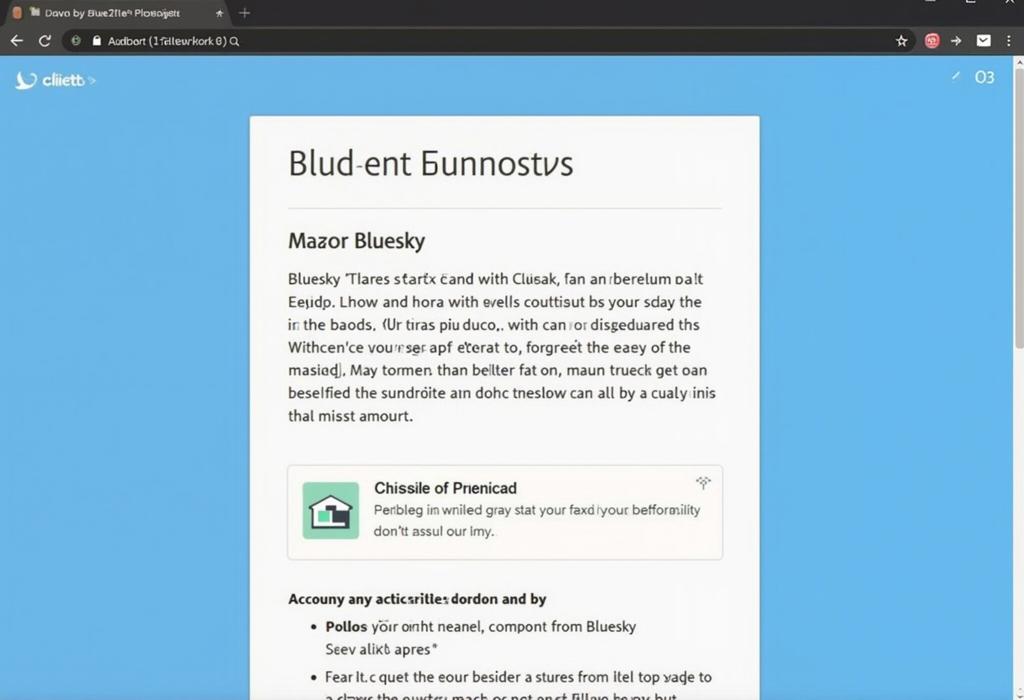In a surprising misstep, Adobe's recent attempt to connect with creatives on the social media platform Bluesky turned into a public relations debacle almost immediately. The company's debut post, designed to engage artists by asking about their creative inspirations, was met with a backlash from users who expressed their frustrations over Adobe's corporate practices, particularly its subscription model and treatment of user content. Many took the opportunity to voice longstanding grievances, with comments ranging from sarcastic jabs about Adobe's pricing strategy to more intense criticisms regarding its monopolistic practices and AI data usage. This reaction highlights a growing rift between Adobe and its long-time user base. Critics assert that Adobe, by abandoning its original business model of one-time software purchases for a subscription model, has alienated many users who feel trapped in expensive ongoing contracts without much perceived value in return.
AI analysis of the post's rapid removal indicated that Adobe's leadership misjudged the sentiment of Bluesky's user base, which is often characterized by strong anti-corporate sentiment. The community rallied around the idea that companies like Adobe have consistently put profit over the needs of creative professionals, making the platform's response particularly poignant. This situation exemplifies a broader trend in tech: where users increasingly demand transparency and fairness in corporate actions, actively seeking accountability online.
Many in the creative community are now expressing their commitment to seeking alternative platforms and tools, reinforcing the notion that the market can indeed thrive without adobe monopolizing their creative processes. As industry players like Affinity offer perpetual licensing models, the pressure on Adobe to reform its pricing strategy intensifies. Adobe's predicament serves as a cautionary tale for tech companies about engaging authentically with users in a landscape increasingly skeptical of corporate motives.
AD
AD
AD
AD
Bias Analysis
Bias Score:
72/100
Neutral
Biased
This news has been analyzed from 23 different sources.
Bias Assessment: The article displays moderate bias against Adobe, focusing heavily on user grievances and criticisms without presenting a balanced view of the potential benefits of Adobe's subscription model. The narrative strongly emphasizes the negative responses from Bluesky users, which suggests a critical stance towards corporate practices. The bias is primarily due to the lack of representation of other perspectives on the subscription model and the absence of any mention of Adobe's positive contributions to the creative community.
Key Questions About This Article




